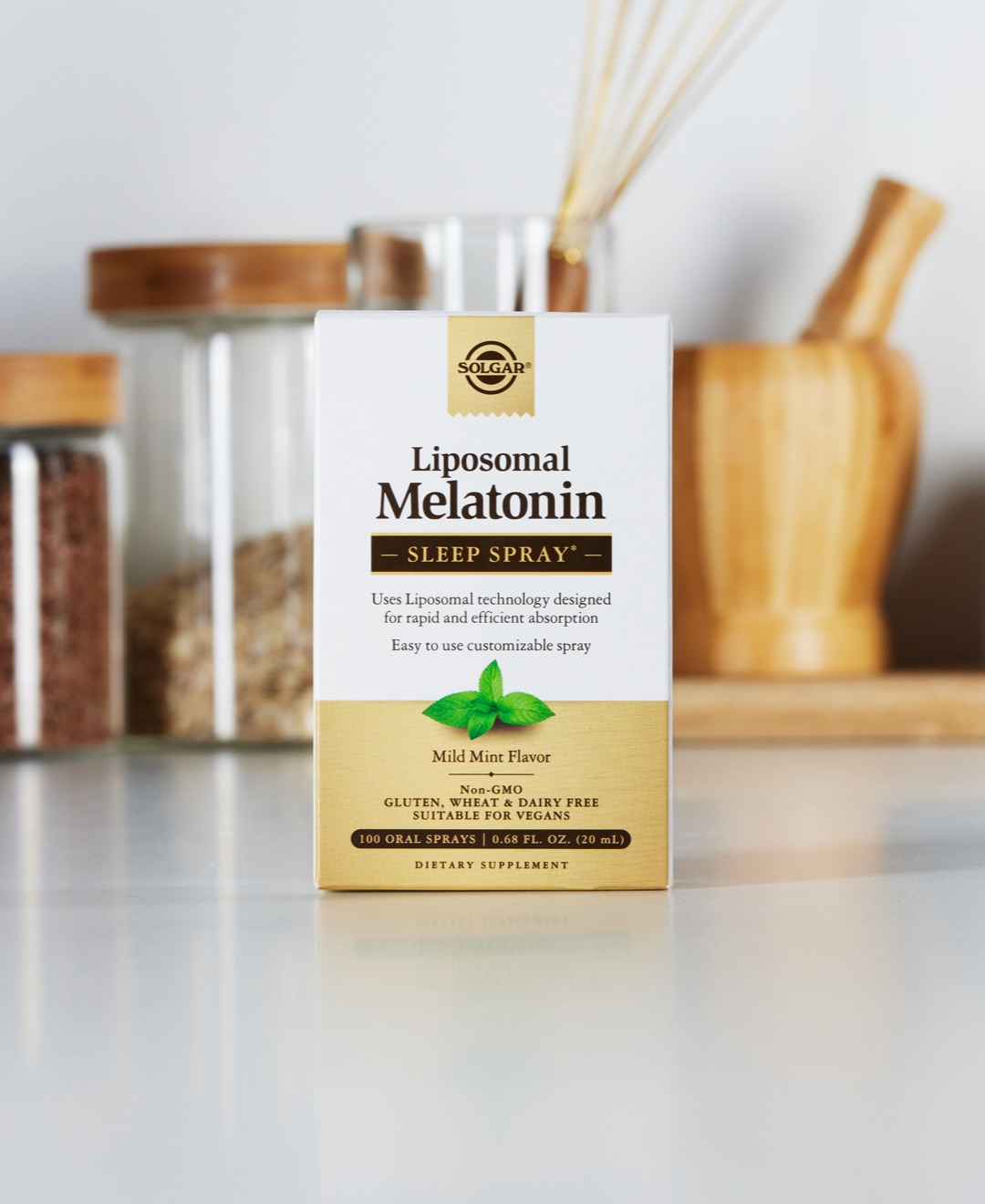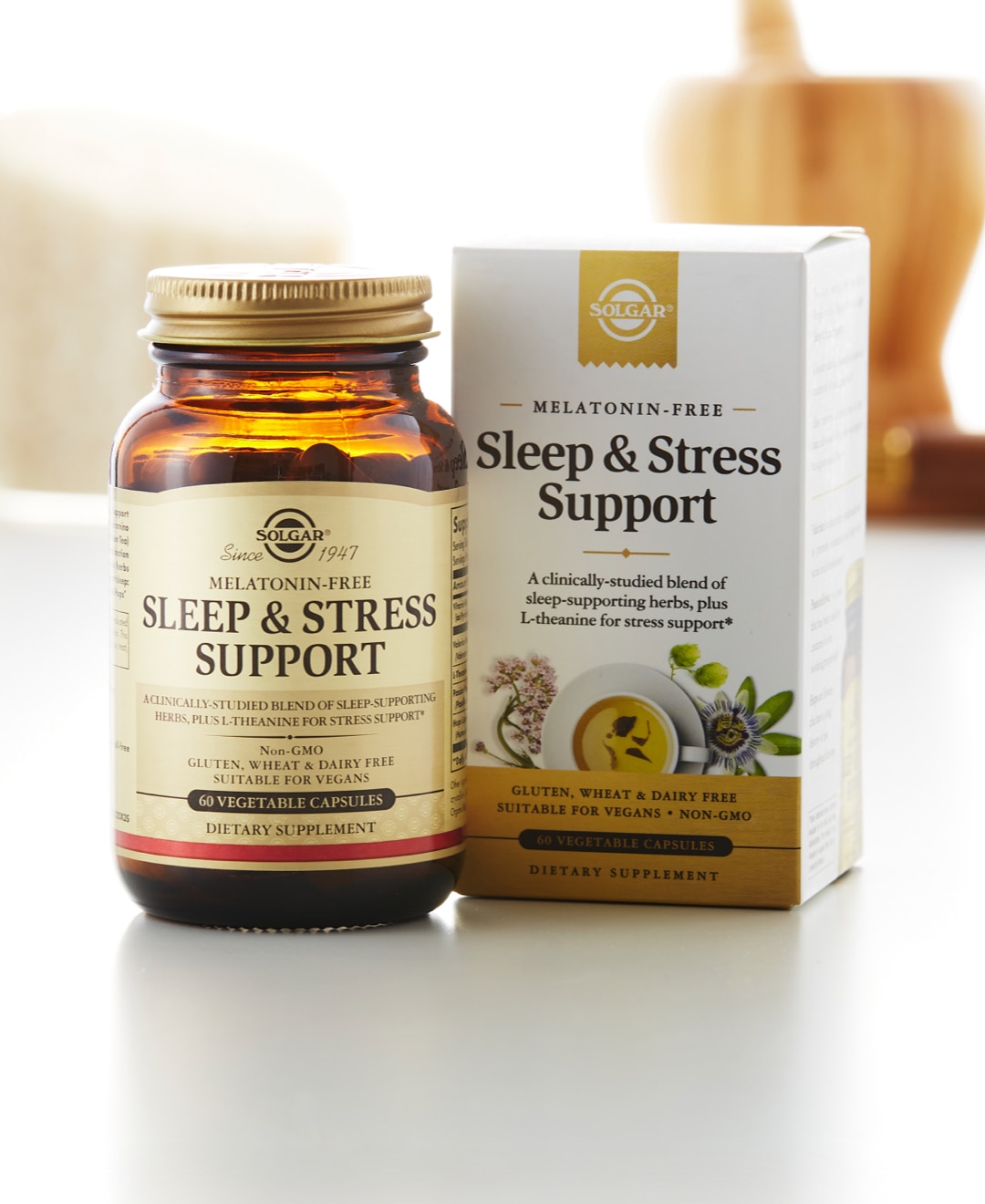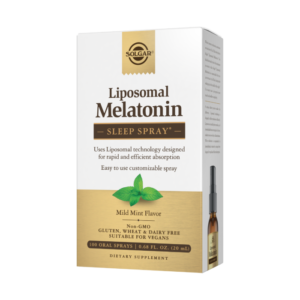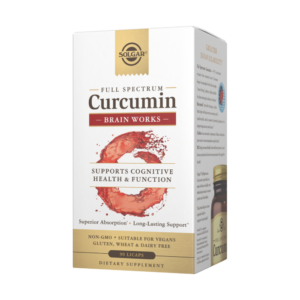Key Takeaways:
- While acute stress can help improve your focus, chronic stress can take a toll on your health.
- When you’re stressed, the body reacts by activating the sympathetic nervous system (fight or flight).
- Taking a quality stress supplement, prioritizing sleep, meditating, and exercising can help you cope with the effects of stress.
We’ve all experienced stress at one point or another.
A bit of stress is normal, but when stress is chronic, it can have a significant impact on your brain and body.
Let’s take a closer look at how stress affects the brain and nervous system and healthy coping strategies.
How does stress affect the brain?
Your brain is like a master switch for processing the world around you. When you’re stressed, brain circuits turn on. The eyes or ears send information to the amygdala, the part of the brain that is primarily responsible for emotional processing. Once the amygdala confronts a stressful situation, like working under dangerous conditions, it sends a message to the hypothalamus to release hormones like cortisol and adrenaline to help stimulate the nervous system.1 That’s when your body gets the energy to fight or flight.
Acute vs chronic stress
Not all stress is bad. Acute stress, also known as short-term stress, is the type of stress you might feel before going on a first date or riding a roller coaster. This “in the moment” stress can actually be good for you because it helps improve your focus and creates stronger networks in the brain.2 The body also recovers quickly from this type of stress.
On the other hand, chronic stress is long-term and influenced by repeated exposure to stressful situations. This might be caused by an unhealthy work environment or a family member’s medical diagnosis. Over time, chronic stress can take a toll on your health and the brain’s ability to function properly.
Research has shown that chronic stress can impair memory and even reduce the size of the brain.3 4
Take Solgar® Full Spectrum Curcumin Brain Works to help you stay sharp.* This advanced formula supports memory, focus, and cognitive function in adults.*
How does stress affect the nervous system?
The nervous system is like a control center for involuntary body functions like breathing and your heartbeat. It’s made up of two components: the sympathetic nervous system and the parasympathetic nervous system.
Sympathetic nervous system stress
Imagine you’re taking a hike in the mountains and you encounter a bear. You’ll likely start breathing heavily and your heart will start racing faster. You might freeze or feel the urge to run away. This is the sympathetic nervous system in action. It triggers the fight-or-flight response, providing the body with energy to respond to perceived dangers.5
Parasympathetic nervous system stress
Now imagine that the coast is now clear from a bear. The threat is no longer there, and the body will return to an unstressed state. The parasympathetic nervous system enables this process. Once activated, the body goes into “rest and digest” mode, which means you feel calm and safe.6
While stress can feel overwhelming, there are a number of strategies that can help to reduce stress levels and improve well-being.
5 Ways to Manage Stress
Be active
Movement is medicine for the brain and body. Exercise is shown to reduce stress hormones and create endorphins, which promote a good mood and pleasurable state of mind.7 This is where the phrase “runner’s high” comes from.
Whether you take a 30-minute walk or take a high-intensity fitness class, movement will help you cope with stress. If you need energy support for your workouts, turn to Solgar®’s highly-absorbable Liquid B12 with B-Complex. Each serving helps your body convert carbs, fats, and proteins into energy.*
Always consult with your healthcare provider before beginning any exercise program.

Prioritize sleep
This is your sign to stop pushing your bedtime later. Getting quality, consistent sleep helps sharpen your memory and mood! When you don’t get enough sleep, the body releases more cortisol (the stress hormone).8 Focus on healthy sleep habits: setting a regular bedtime, switching electronics off an hour before bed, and avoiding caffeine in the evening.
If you need a little extra help getting to sleep, try Solgar® Liposomal Melatonin Sleep Spray. This easy-to-use spray helps you quickly fall asleep and get back to sleep if you wake up during the night.*
Read more: The Science Behind Sleeping When Stressed
Take stress-supporting supplements
This plant-based formula uses clinically-studied Rhodiola, which supports the body’s ability to deal with stress*, and PANMOL® B-complex, which is produced from organic quinoa sprouts to support nervous system health and energy metabolism.*
Each serving:
- Builds your body’s resistance to stress*
- Aids in your ability to deal with mental and physical stress*
- Helps with occasional stress-related mental fatigue*
- Supports your ability to stay calm*
- Supports energy metabolism, and nervous system health*

Solgar® Sleep & Stress Support is a melatonin-free form of sleep support, provided by a clinically-studied blend of herbs*, plus L-theanine. This supplement helps you feel calm and relaxed, fall asleep quicker, improve sleep quality and stay asleep throughout the night.*
Solgar® Stress & Anxiety Relief is made with KSM-66® Ashwagandha, the most clinically studied form of this herb and shown to help relieve occasional stress, as well as affron® Saffron, which helps maintain a positive mood and support emotional well-being.*
Read more: The Best Vitamins & Herbs for Occasional Stress
Connect with friends
Having close friendships and community will help you feel loved and cared for. Whether you’re going through a stressful situation or not, don’t hesitate to reach out to friends for support. In fact, close social relationships are shown to limit stress all the time, not just in stressful situations.9 Friends can also make you laugh, which is good for improving mood and reducing stress.10
Practice meditation
Meditation has been a common practice over centuries for a reason. It’s one of the most popular ways to relieve stress because it affects the body the opposite way stress does. Rather than stimulating fight or flight, it triggers the body’s parasympathetic nervous system, helping you get into a calm state of mind.11
Read more: 3 Simple Tips For Women to Help Manage Occasional Stress
GET THE LATEST UPDATES AND EXCLUSIVE DEALS WHEN YOU SIGN UP FOR OUR NEWSLETTER!
Stressing the point
Stress is a natural part of life, but too much can negatively impact your brain and body. Thankfully, there are many ways to manage stress and feel your best!
For more health-related tips, and for the latest on new Solgar® products, follow us on Instagram (@solgar) and TikTok (@solgarvitamins)!
*These statements have not been evaluated by the Food and Drug Administration. These products are not intended to diagnose, treat, cure or prevent any disease.
The information provided on this site is intended for your general knowledge only and is not a substitute for professional medical advice or treatment for specific medical conditions. Always seek the advice of your physician or other qualified healthcare provider with any questions you may have regarding a medical condition. The information on this website is not intended to diagnose, treat, cure or prevent any disease. Never disregard medical advice or delay in seeking it because of something you have read on the Solgar® site.





